For most people who devote their careers to education, retirement means spending time relaxing and no longer worrying about work. However, this is not the case for Dr. Barry Haines, a seasoned school administrator and current interim vice principal at RHS.
In April, Haines will depart Randolph for rural Surkhet, Nepal, to take a position as a director of curriculum and educational consultant at Kopila Valley Children’s Home and School, which provides both an education and a loving home for approximately 450 underprivileged children, 50 of whom are orphaned, from nursery through grade 12.
“I love kids, I love being in classrooms and I love enhancing their visions,” Haines said. “I see this as an opportunity to do something fulfilling and rewarding.”
The Nepalese school’s mission is to provide a loving home and quality education for impoverished, often parentless Nepalese children. Classes are conducted in both English and Nepali, in subjects including math, science, social studies and computers.
One of Haines’ goals is to help expand Kopila Valley, so more Nepalese orphans can attend in the future. “Of course, I’m nervous to go,” he admitted, referring to the potential challenges of living in such a remote location, “but I’m also really excited to help provide the Nepalese children with more educational opportunities. I want to give them the same opportunities that we have here.”
Haines noted that his first order of business there will be to learn all about the school from the locals. “I just want to talk and listen a lot in the first 30 days,” Haines noted. “The worst thing I can do as an expat is quickly try to make change.”
Haines said he’s aware that his daily life will change in Nepal. “Their diet is different than my own, and it will be a struggle to adapt to the meals I will be eating,” he said. Haines also noted that Americans like himself take having access to fresh water, food and unlimited electricity for granted. In Nepal, however, he will face the challenge of living without these basics for a large percentage of the time.
Despite this, Haines said he’s ready to embrace it and has already prepared for one potential food challenge. “I’ve already packed my protein powder so I can make a smoothie,” Haines laughed.
Kopila Valley is operated by BlinkNow, a nonprofit organization that focuses on helping underprivileged children and orphans by providing them with shelter and education. The school was founded by Maggie Doyne, Haines’ former student at Mountain View Middle School in Mendham.
It was Doyne who personally invited Haines to join Kopila Valley’s team of education professionals. Recalling the inquisitive nature of his former student, Haines was not surprised that Doyne would go the distance, becoming founder and CEO of the school and working tirelessly to change the world for the better. “Maggie is a force to reckon with,” he commented. “She is someone to admire.”
There are a staggering one million orphans in Nepal in dire need of parental care and educational opportunities—causes include the negative effects of a prior civil war, the Covid-19 pandemic, repeated earthquakes and abandonment—so it’s no wonder that many of Kopila Valley’s students are orphans.
“A million kids from age three to 15, who had no parents, wandering around the country,” Haines said. “A million orphans. It is mind boggling.”
Because of this, the school also houses many of them at the children’s home on campus. Approximately a dozen “Aunties and Uncles” act as caregivers, cooks and communal parents to the students who live there.
Another unique quality about Kopila Valley is that the green campus was designed to be environmentally sustainable. This includes everything from using a solar-powered cooking system and recycled rainwater to constructing buildings with rammed earth walls that cut down on heating costs.
“Our schools don’t raise electricity like they do,” Haines said. “We don’t filter our own water. We don’t grow the food that you eat at lunch every day. Could we do that?” he mused about the prospect of making more American schools similarly green.
Despite the uniqueness of the Nepalese school, Haines’ position at Kopila Valley will entail many of the same administrative duties as at an American school, including observing and training educators as well as assessing the educational progress of the student body as a whole.
An advocate of the proper use of AI in education, Haines reported there are plans to implement it as a teaching tool at the school. “Studies show it has a more profound impact on third world economies than America,” Haines explained. “AI will be used as an aid to help with language barriers and further teach the children in the school system.”
While his initial work in Nepal can only last into June, due to a 90-day tourist visa restriction, Haines believes that Kopila Valley is the perfect place for him to make yet another post-retirement impact as an educator. Haines does not see this position as an “opportunity” per se, as others might perceive it; instead, he prefers to emphasize the good he will be able to do while there. “I saw it as a way to do something fulfilling and rewarding,” he said. “That’s the opportunity.”
Haines said he is looking forward to bringing his administrative expertise to Kopila Valley. He also hopes to return to Nepal many times after his initial 90-day tourist visa expires. “After that, I can obtain a business visa, with trips home included.” Haines said this is a welcome perk, given that his wife and grown children will not be accompanying him to Nepal.
Editor’s Note: For more information on BlinkNow and Kopila Valley Children’s Home and School, go to https://blinknow.org.


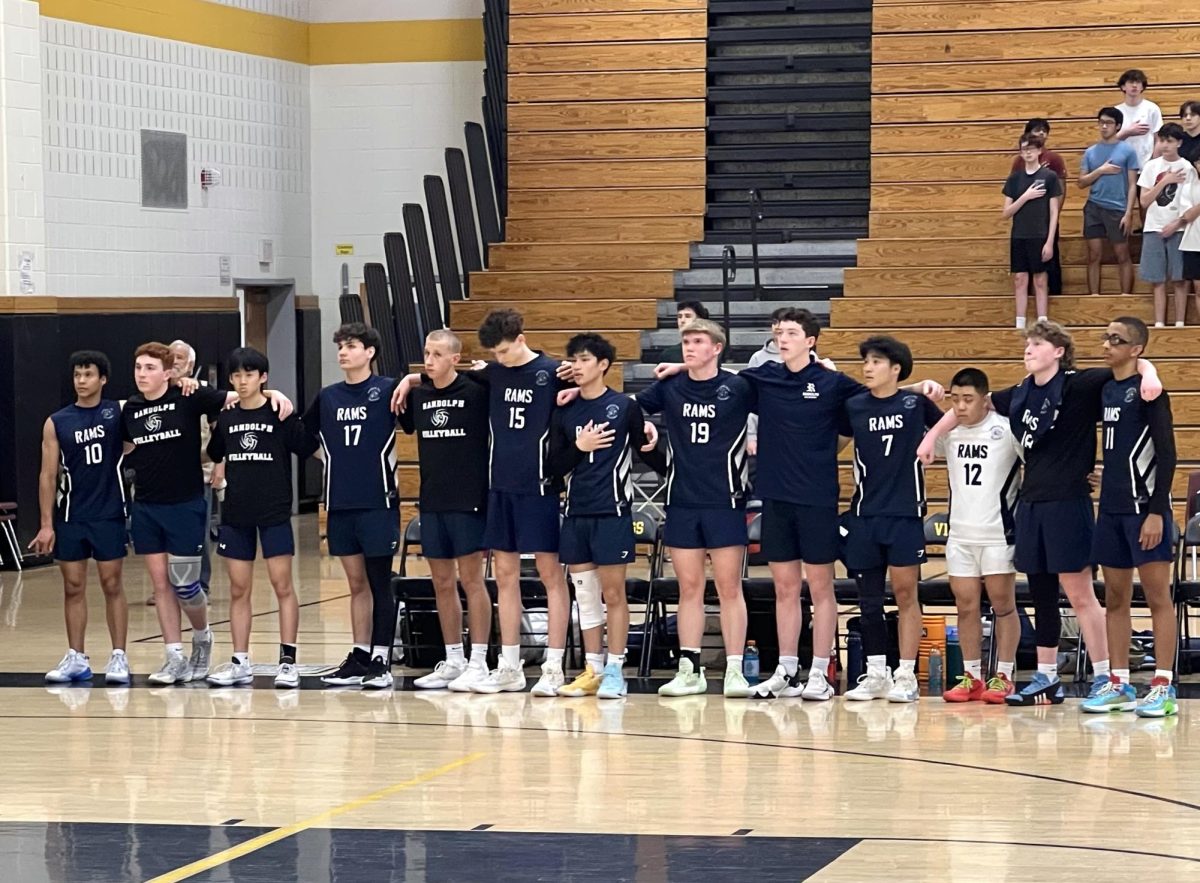
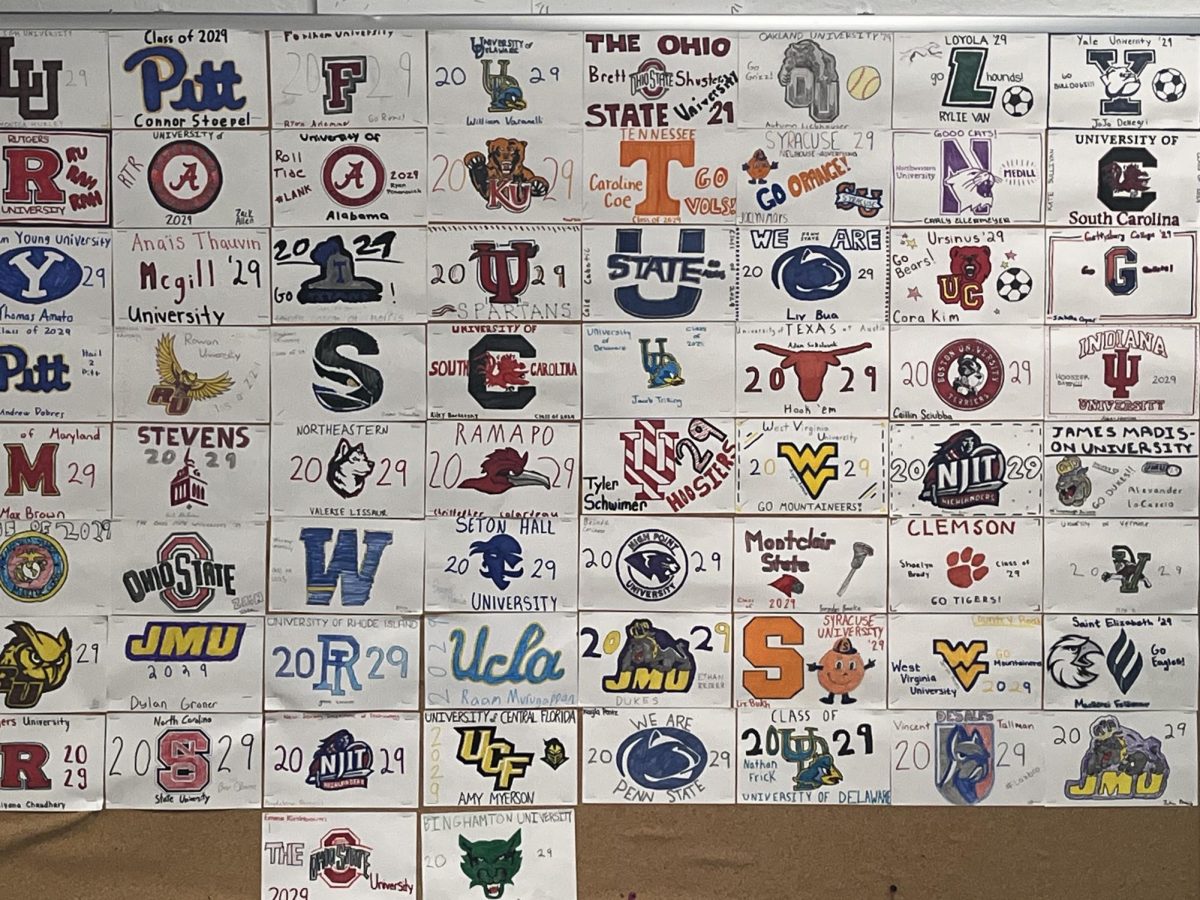

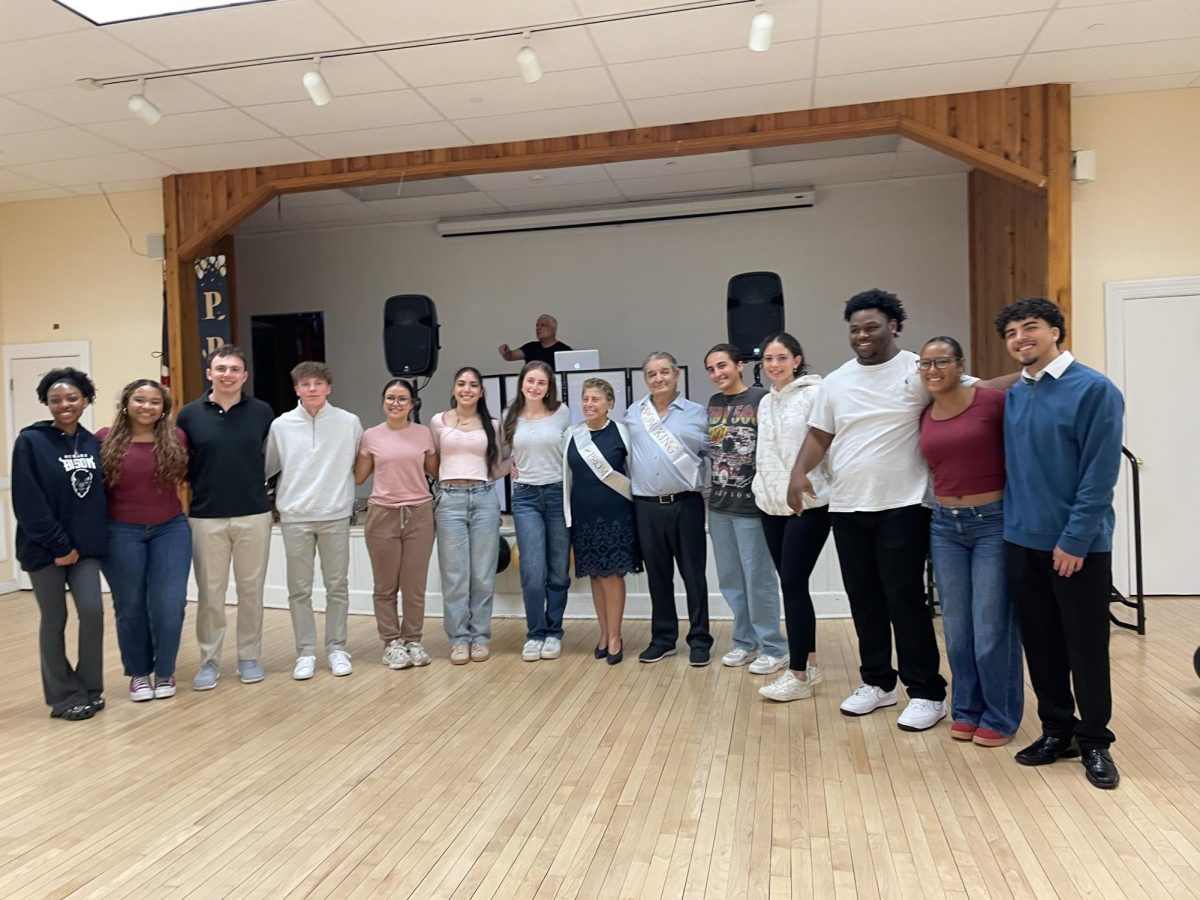






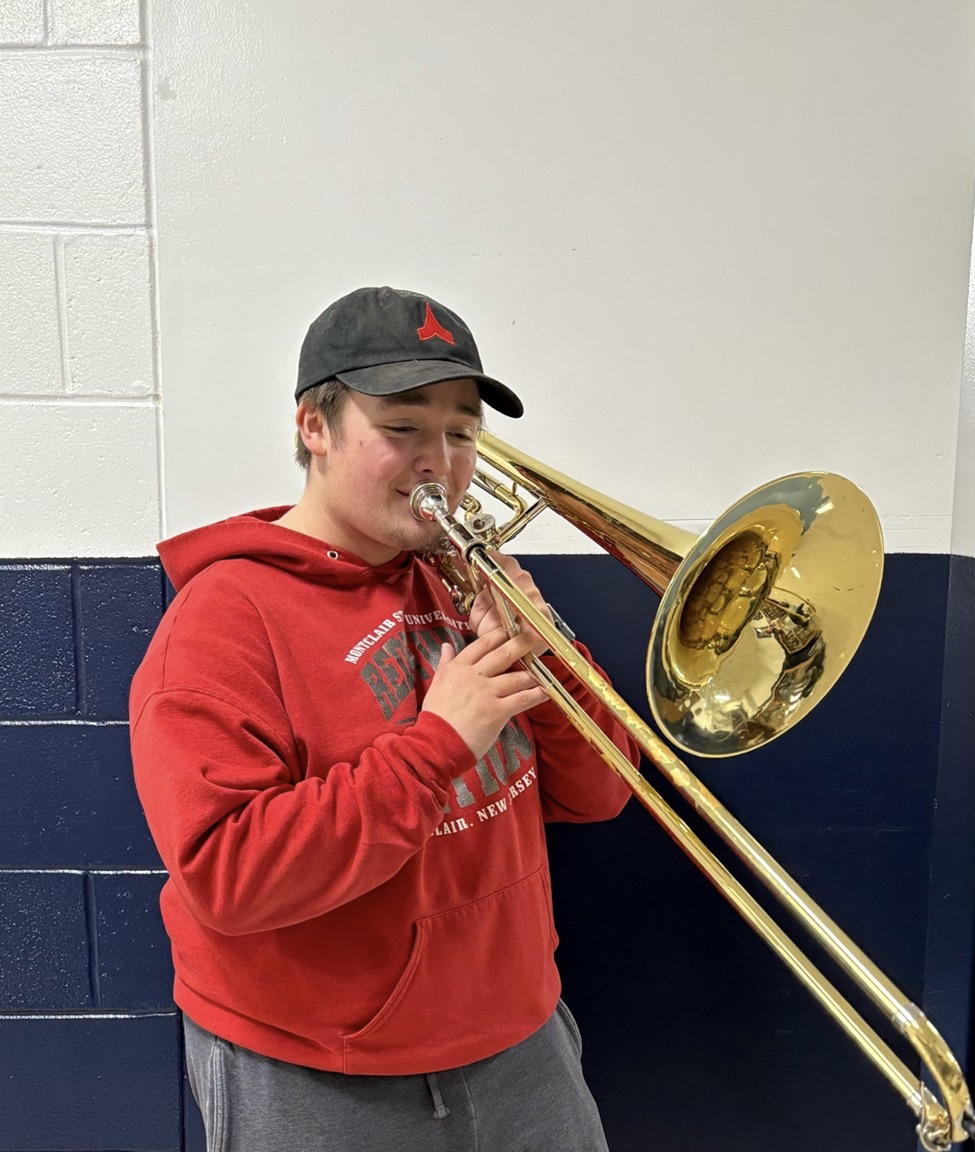



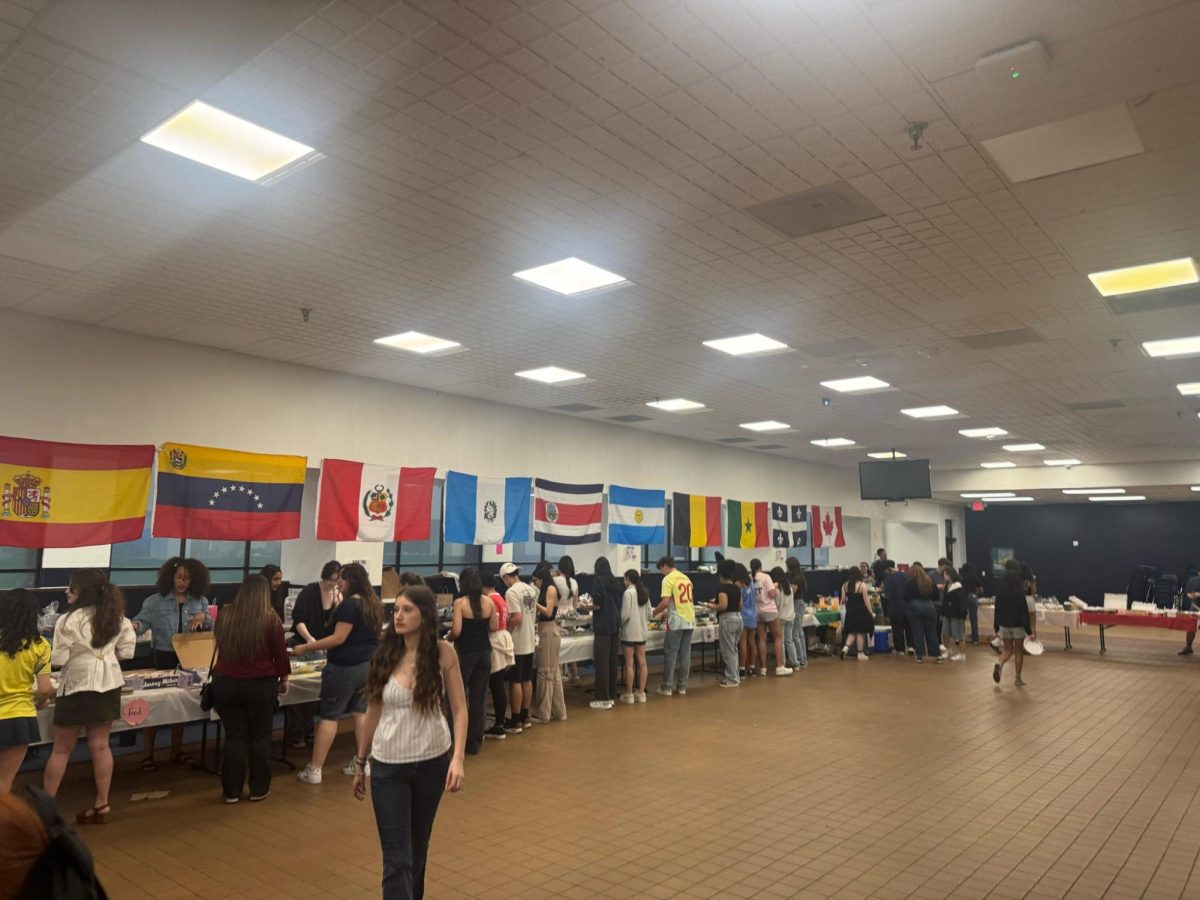

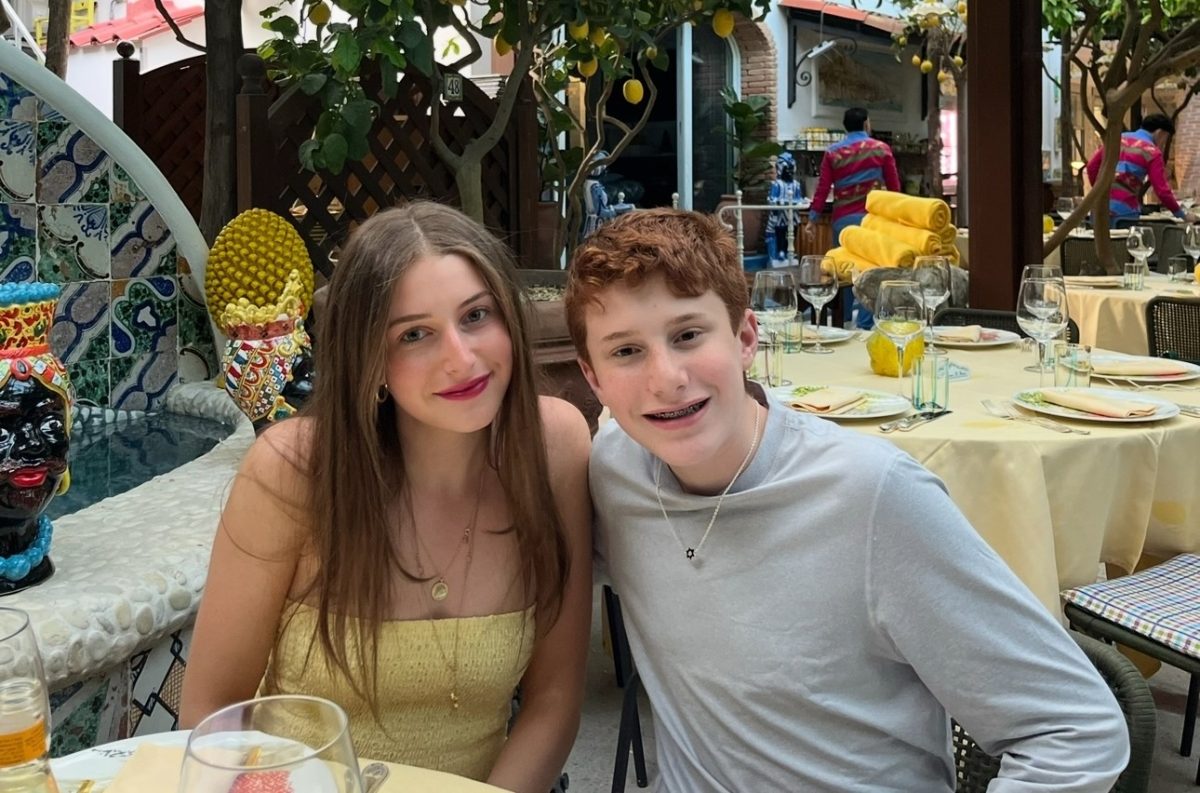

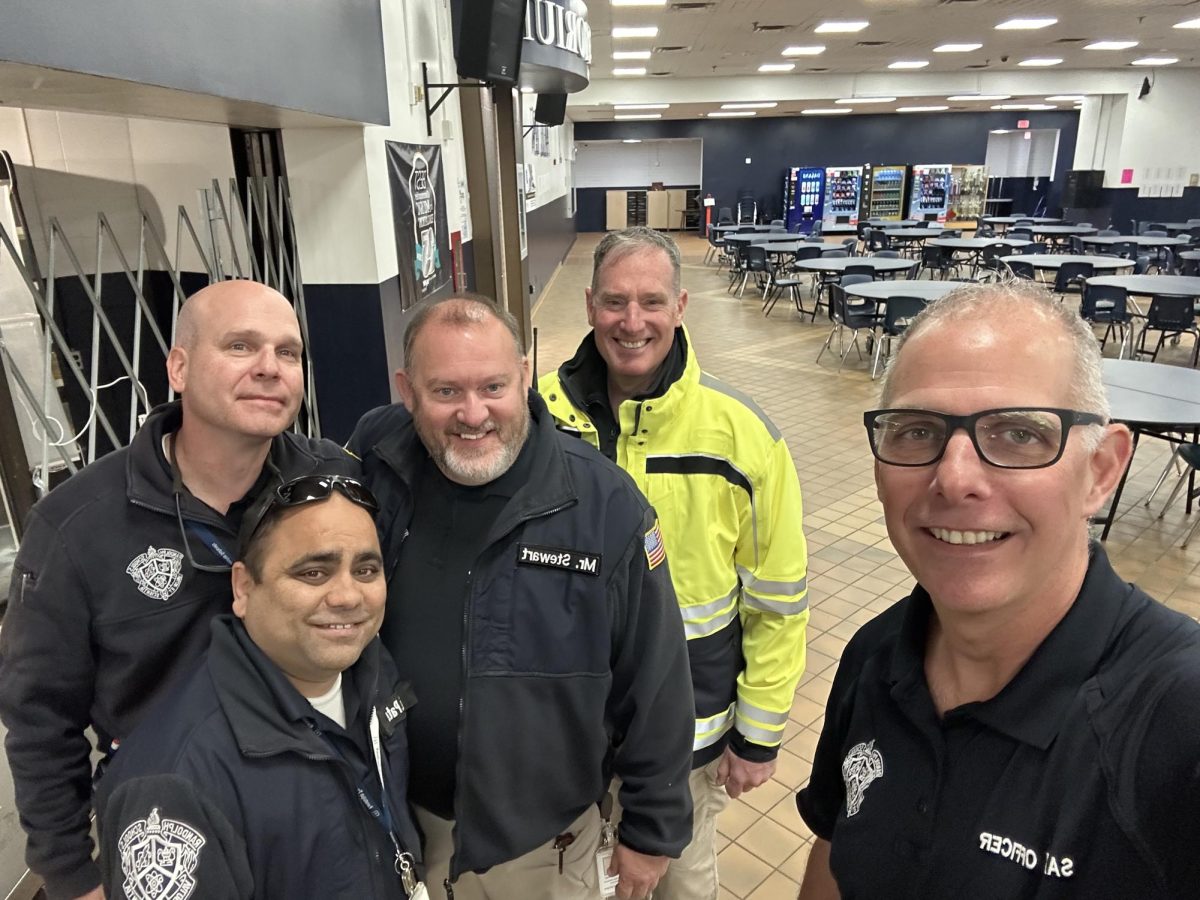




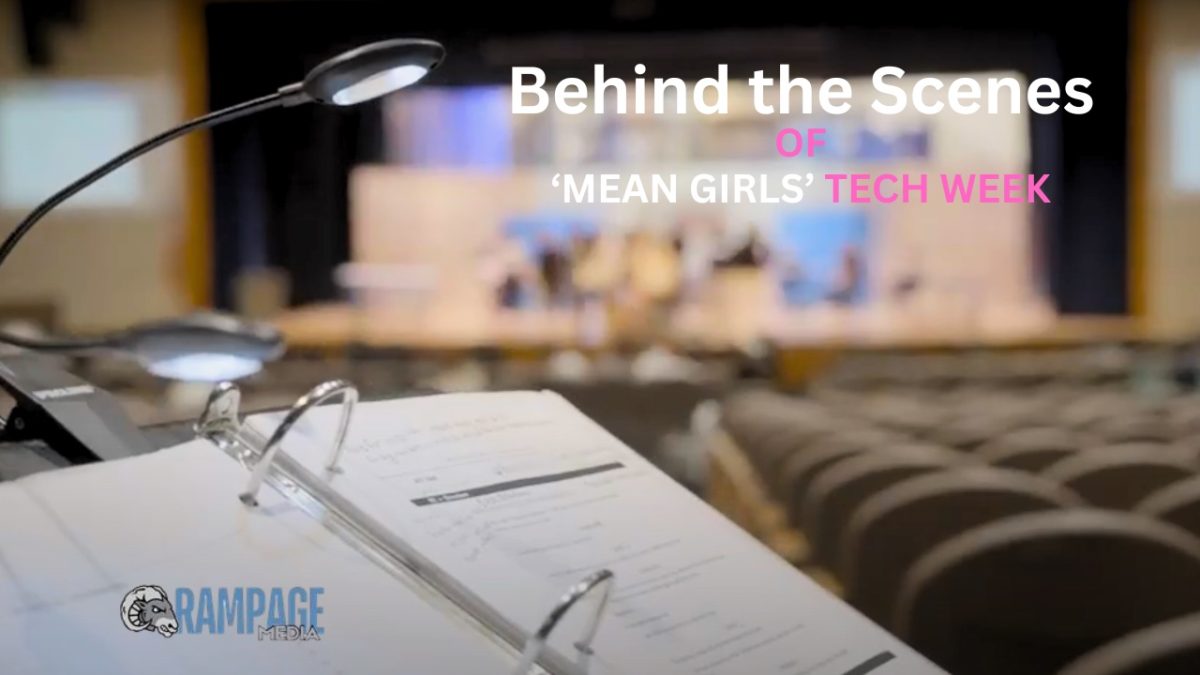

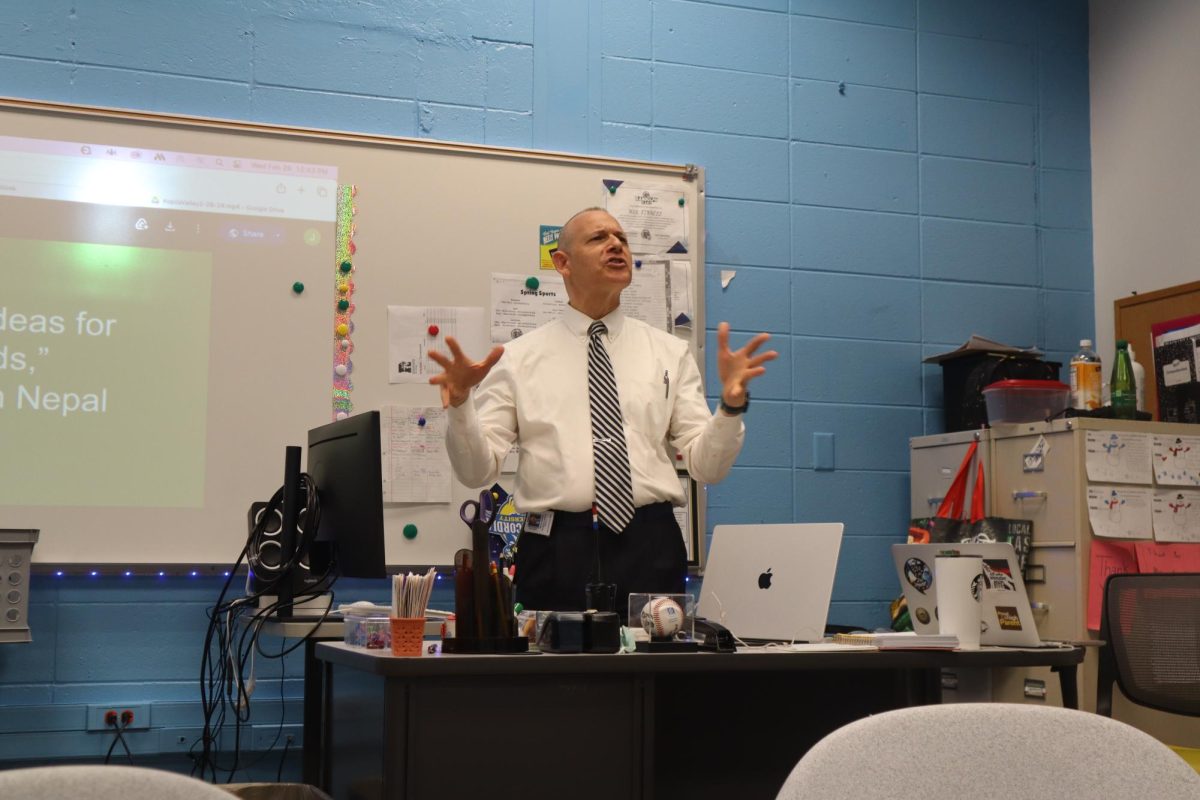

Judy Kret • Apr 3, 2024 at 2:48 pm
Beautiful work!
God Bless you all!